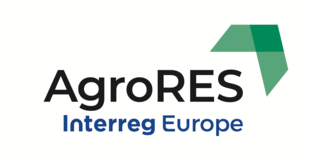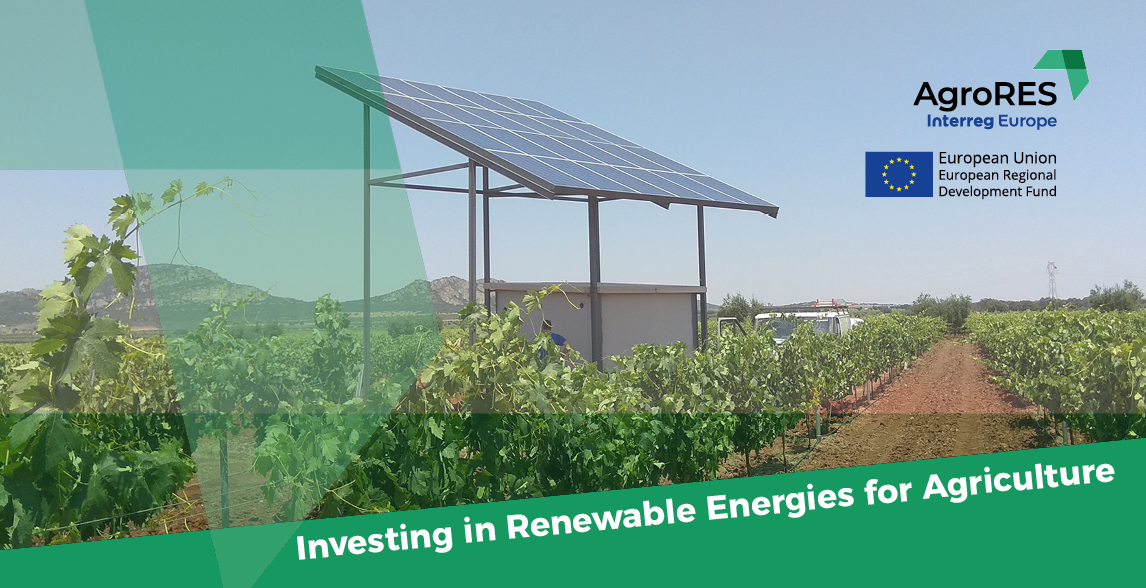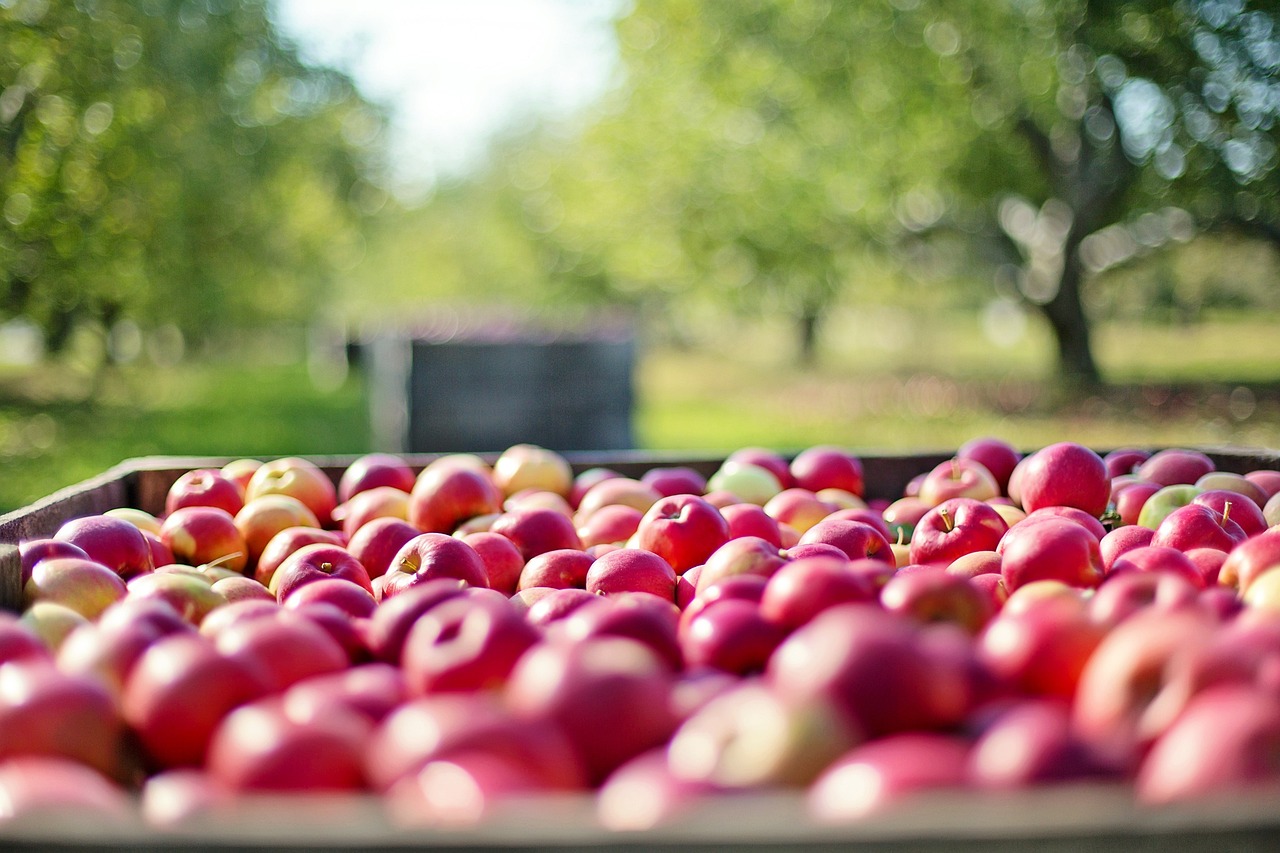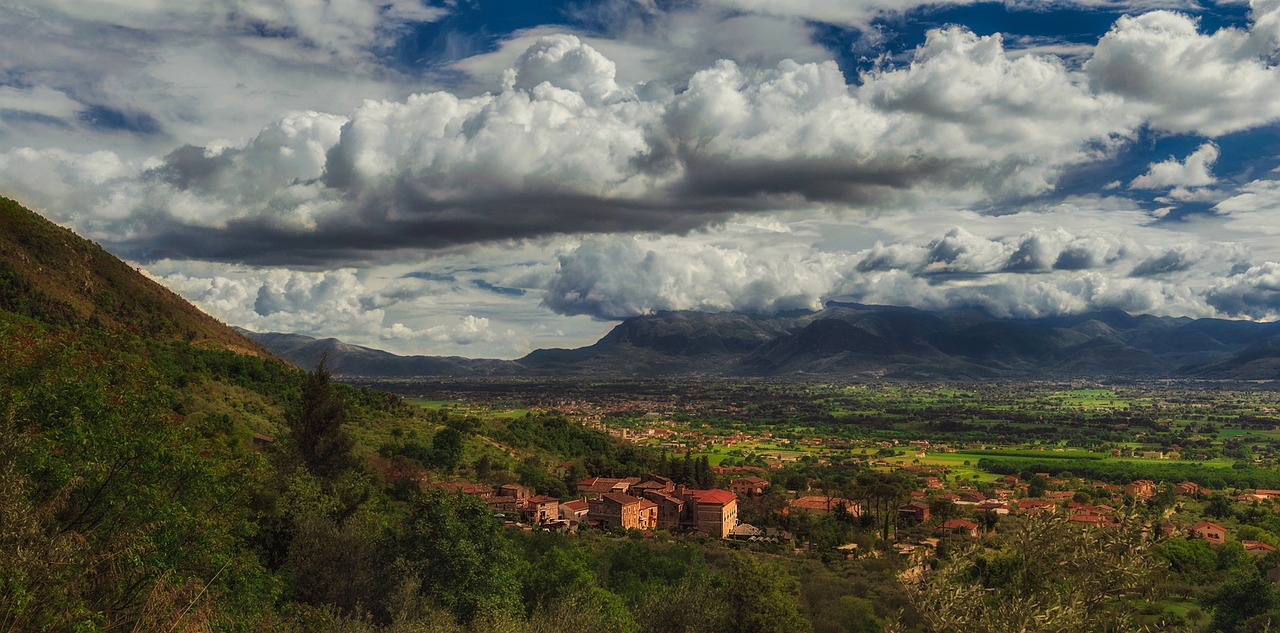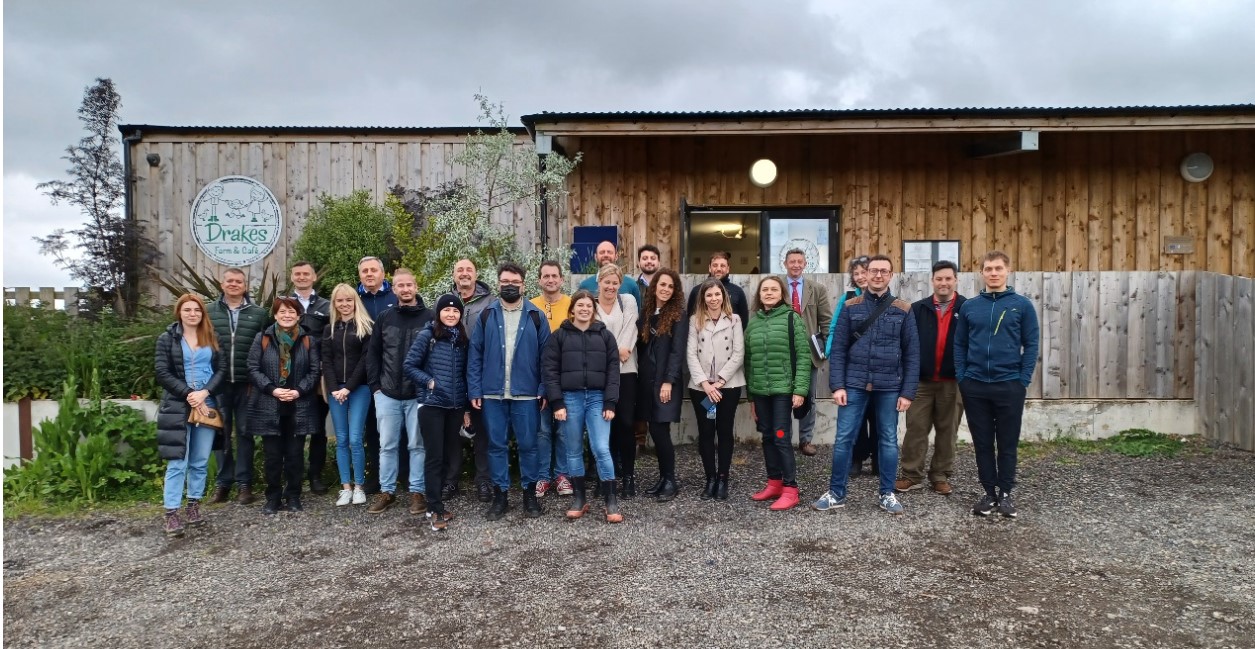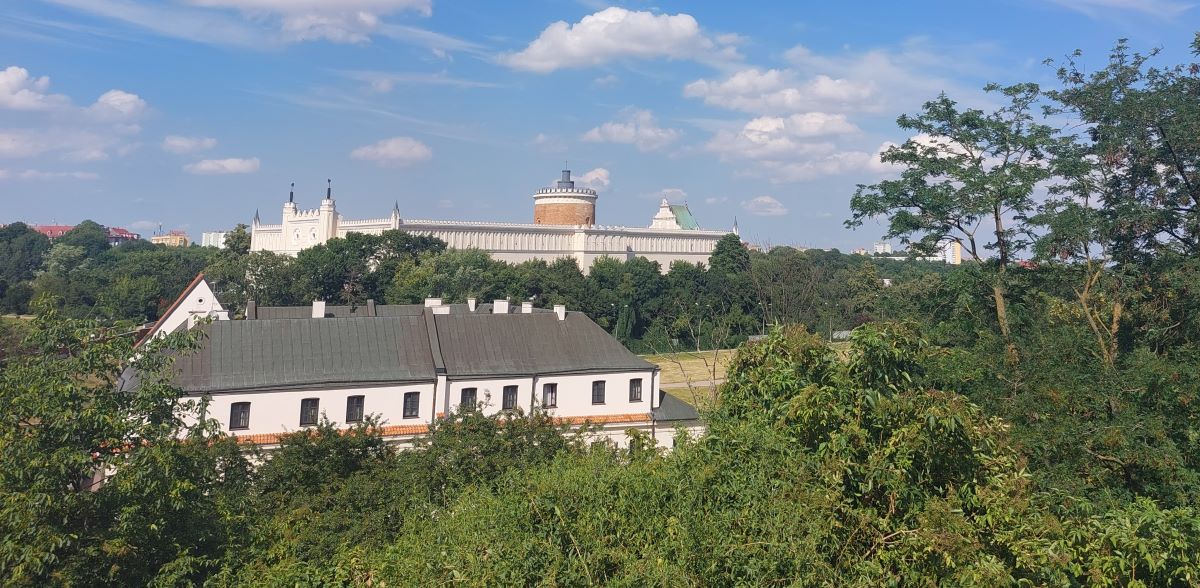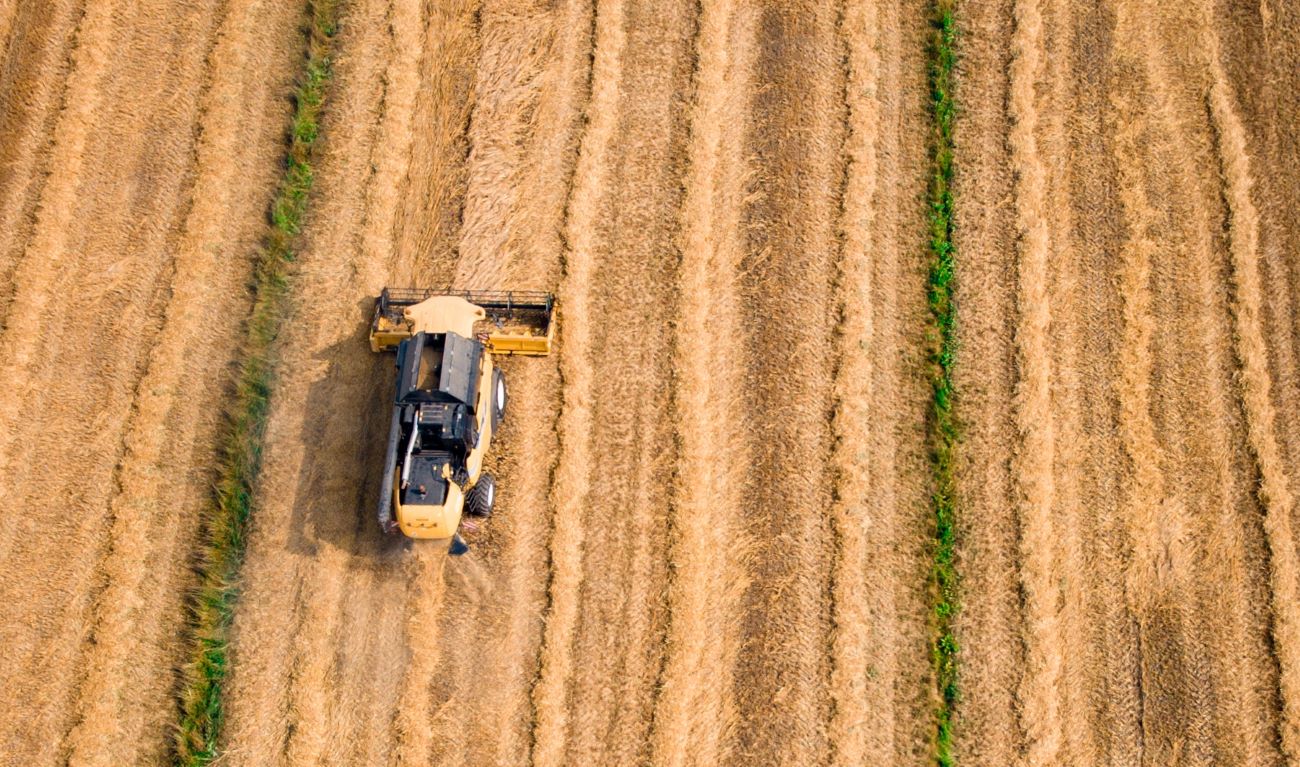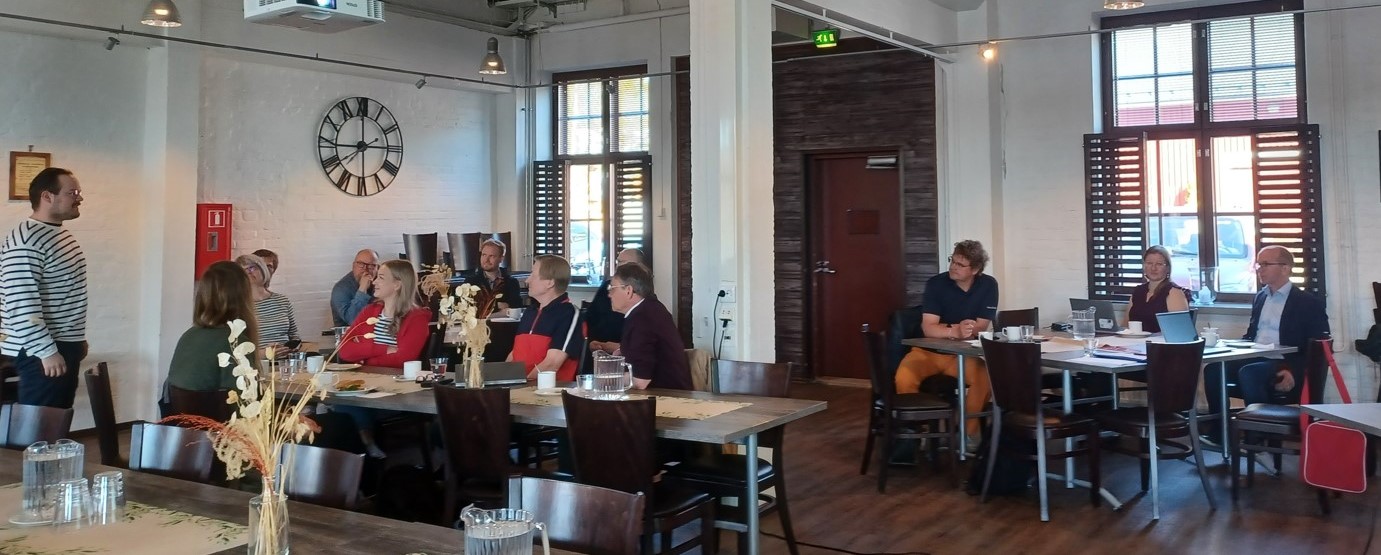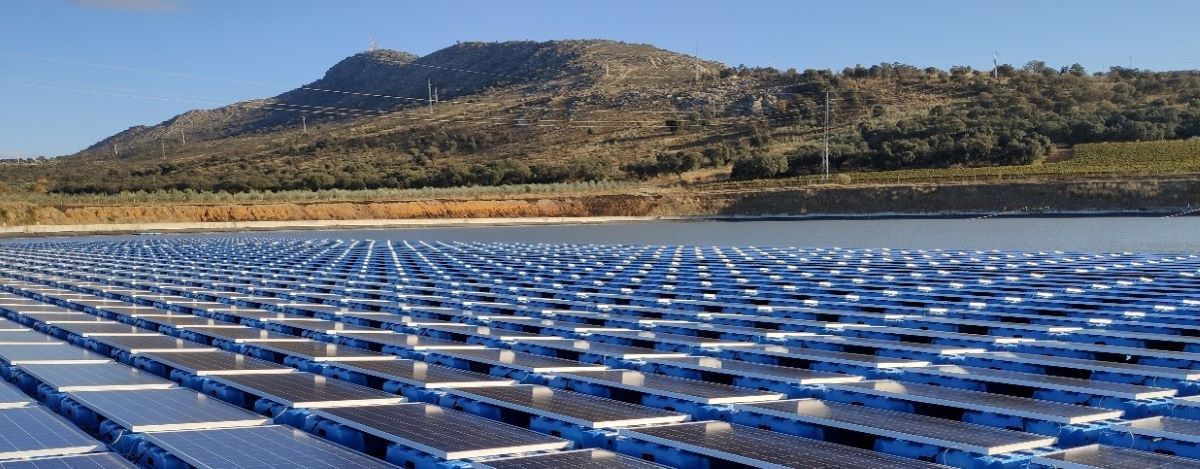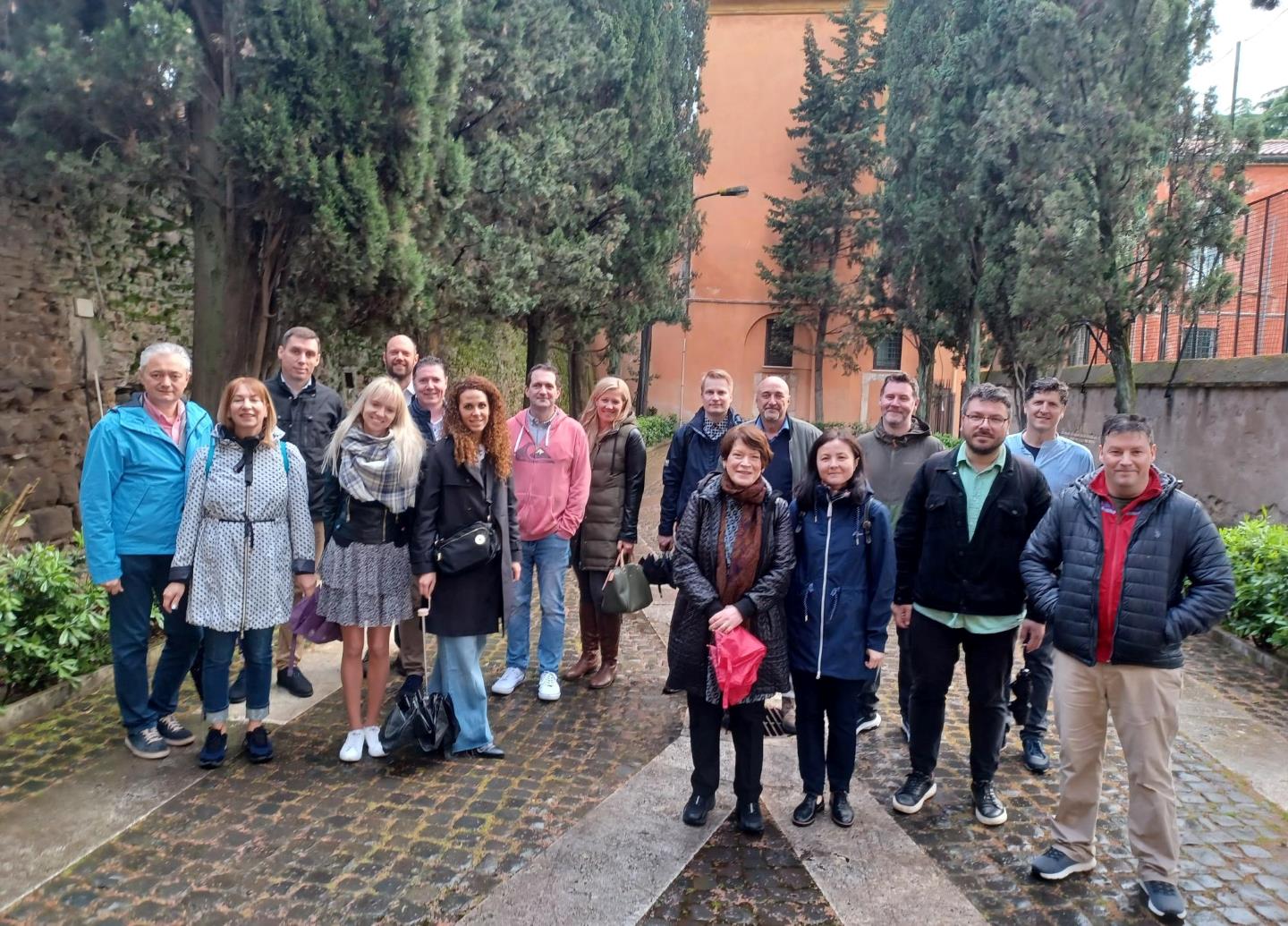One of the main tasks of the AgroRES project is to share know-how on the use and production of renewable energy in agriculture and rural areas. As part of this process, the project partners have collected and searched for good practices on the project topic from their regions.
In order to be counted as good practices, these examples need to have tangible and measurable results, meaning that they have already been executed successfully in some part of Europe. Furthermore, they should be connected to a public intervention and have potential to be transferred to a different area. Keeping these guidelines and criteria in mind, the AgroRES project partners have identified several good practices that show how renewable energy investments can benefit farms and rural communities - not only in terms of energy savings and independence but also in terms of socioeconomic growth and development.
These practices look at the topic from different perspectives. They include examples of renewable energy investments in farms and rural communities, financing programmes, national schemes, energy clusters and cooperatives, ERDF and EAFRD co-financed projects and so on. All of them have impacted positively on their region’s development in the given field. See project's good practice database for the most successful examples.
All of these practices will be compiled into project’s good practice guidebook. This guide will include around 70 good practice descriptions, 10 from each partner region. It will be an extensive knowledge bank which can potentially increase the know-how of policy makers, farmers, public authorities and other project target groups regarding the possibilities of renewable energy in agricultural and rural areas.
